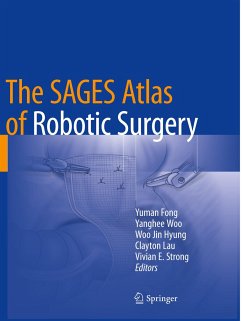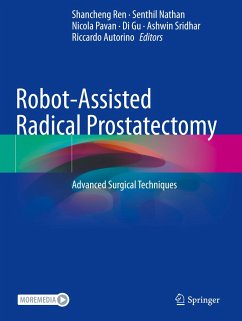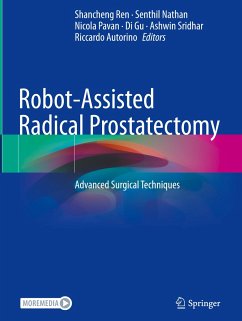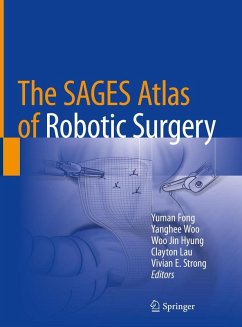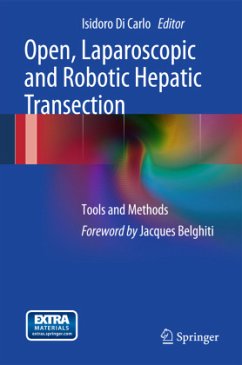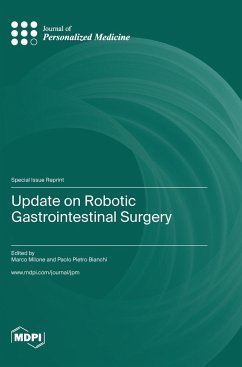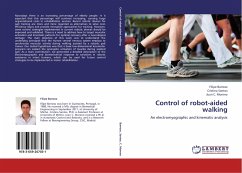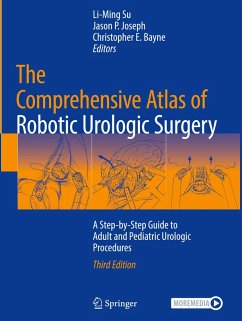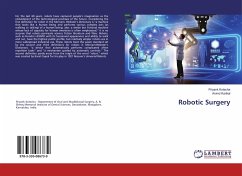
Robotic Surgery
Versandkostenfrei!
Versandfertig in 6-10 Tagen
36,99 €
inkl. MwSt.

PAYBACK Punkte
18 °P sammeln!
For the last 60 years, robots have captured people's imagination as the embodiment of the technological promises of the future. Considering the first definition for robot in the Merriam- Webster's Dictionary is "a machine that looks like a human being and performs various complex acts (as walking or talking) of a human being; also: a similar but fictional machine whose lack of capacity for human emotions is often emphasized," it is no surprise that robots permeate science fiction literature and films. Robots, such as Honda's ASIMO with its humanoid appearance and ability to walk and run, have ...
For the last 60 years, robots have captured people's imagination as the embodiment of the technological promises of the future. Considering the first definition for robot in the Merriam- Webster's Dictionary is "a machine that looks like a human being and performs various complex acts (as walking or talking) of a human being; also: a similar but fictional machine whose lack of capacity for human emotions is often emphasized," it is no surprise that robots permeate science fiction literature and films. Robots, such as Honda's ASIMO with its humanoid appearance and ability to walk and run, have the highest public profile, but relatively simpler robots are in more widespread industrial use. These robots meet the easier standard set by the second and third definitions for robots in Merriam-Webster's Dictionary: "a device that automatically performs complicated often repetitive tasks" and "a mechanism guided by automatic controls." The second definition partly arose from the origin ofthe word "robot," which was created by Karel Capek for his play in 1921 Rossum's Universal Robots.




